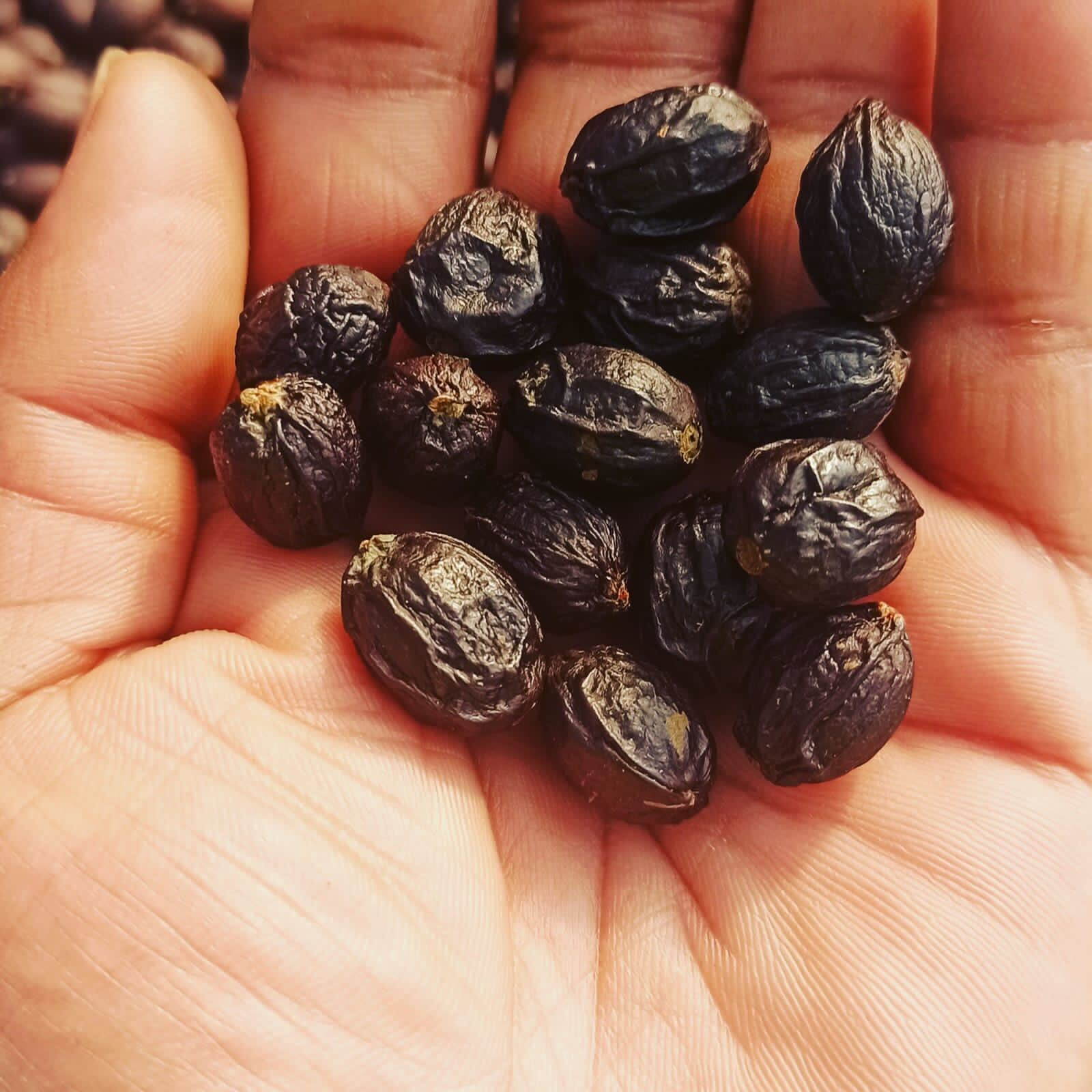Coffee | International trade | Export earnings | Agriculture

Nepal’s coffee export has experienced modest gains in the fiscal year 2022/23. The export earnings reached Rs 130.4 million last fiscal year, growing by 11.36% from the previous year of Rs 117.1 million.
Nepal’s major coffee export market for the fiscal year 2022/23 includes Germany, Switzerland, Japan, Australia, and Italy contributing to 91.5% of the total export earnings.
On the other hand, coffee imports have surged by 155.53%, amounting to Rs 325.8 million. The figure includes import values for i) coffee, not roasted, not decaffeinated, ii) decaffeinated coffee, not roasted, iii) roasted coffee, not decaffeinated iv) roasted, decaffeinated coffee, and v) coffee husks and skins, coffee substitutes containing coffee in any proportion.

According to the National Tea and Coffee Development Board (NTCDB), Nepal’s coffee, known for superior quality, sells at prices two to three times higher than imports, selling at $16 per kilogram in international markets.
The recently released Nepal Trade Integration Strategy 2023, which identifies new priority products and services with comparative advantage for export potential and expanded the previous list of 12 to 32 now under five categories, has introduced coffee under its priority list.
As an export commodity, the strategy emphasises the need for youth engagement in farming and increased investments.
Meanwhile, the NTCDB has revised minimum support prices for coffee farmers effective from 24th November:

Fresh cherry coffee
Grade A → Organically grown at an altitude above 800 metres, meticulously processed, well-ripened, water-fermented, and carefully selected cherries
Grade B → Fresh cherries that do not meet the criteria for “Grade A”
Parchment coffee: Coffee cherries, dried but unhulled coffee beans, processed with a cold processing method containing 11% moisture
Grade A → Prepared from “Grade A” fresh cherry coffee
Grade B → Prepared from “Grade B” fresh cherry coffee
Dry cherry coffee: Coffee cherries that are dried under the sun or through alternative methods
Grade A → Dry cherry coffee prepared from “Grade A” fresh cherry coffee
Grade B → Dry cherry coffee prepared from “Grade B” fresh cherry coffee
Read More Stories
Kathmandu’s decay: From glorious past to ominous future
Kathmandu: The legend and the legacy Legend about Kathmandus evolution holds that the...
Kathmandu - A crumbling valley!
Valleys and cities should be young, vibrant, inspiring and full of hopes with...
Nepal’s high-altitude farms are thirsty. Could ice stupas help?
As snowlines rise and mountain springs run dry, Nepals high-altitude communities are facing...